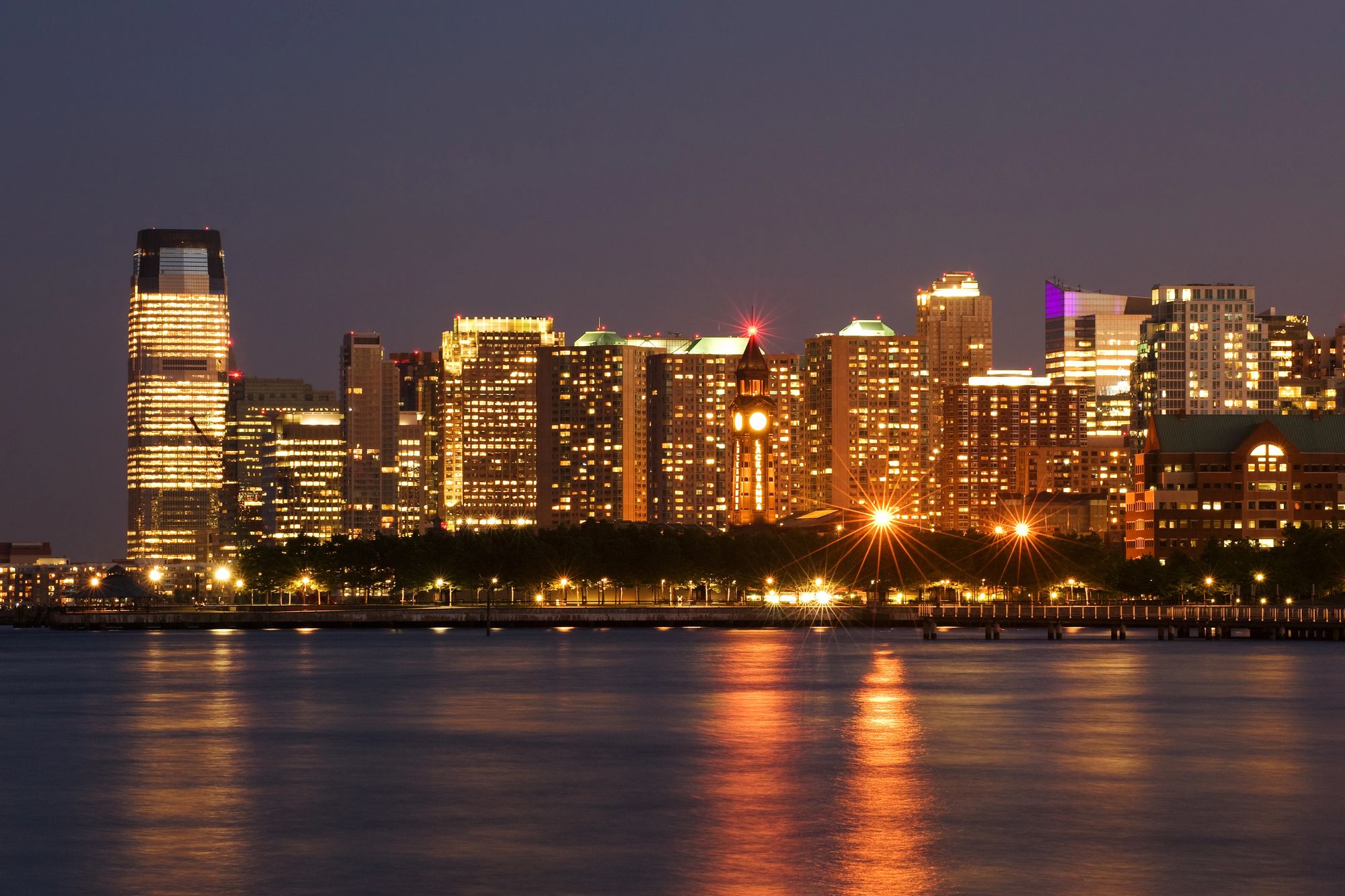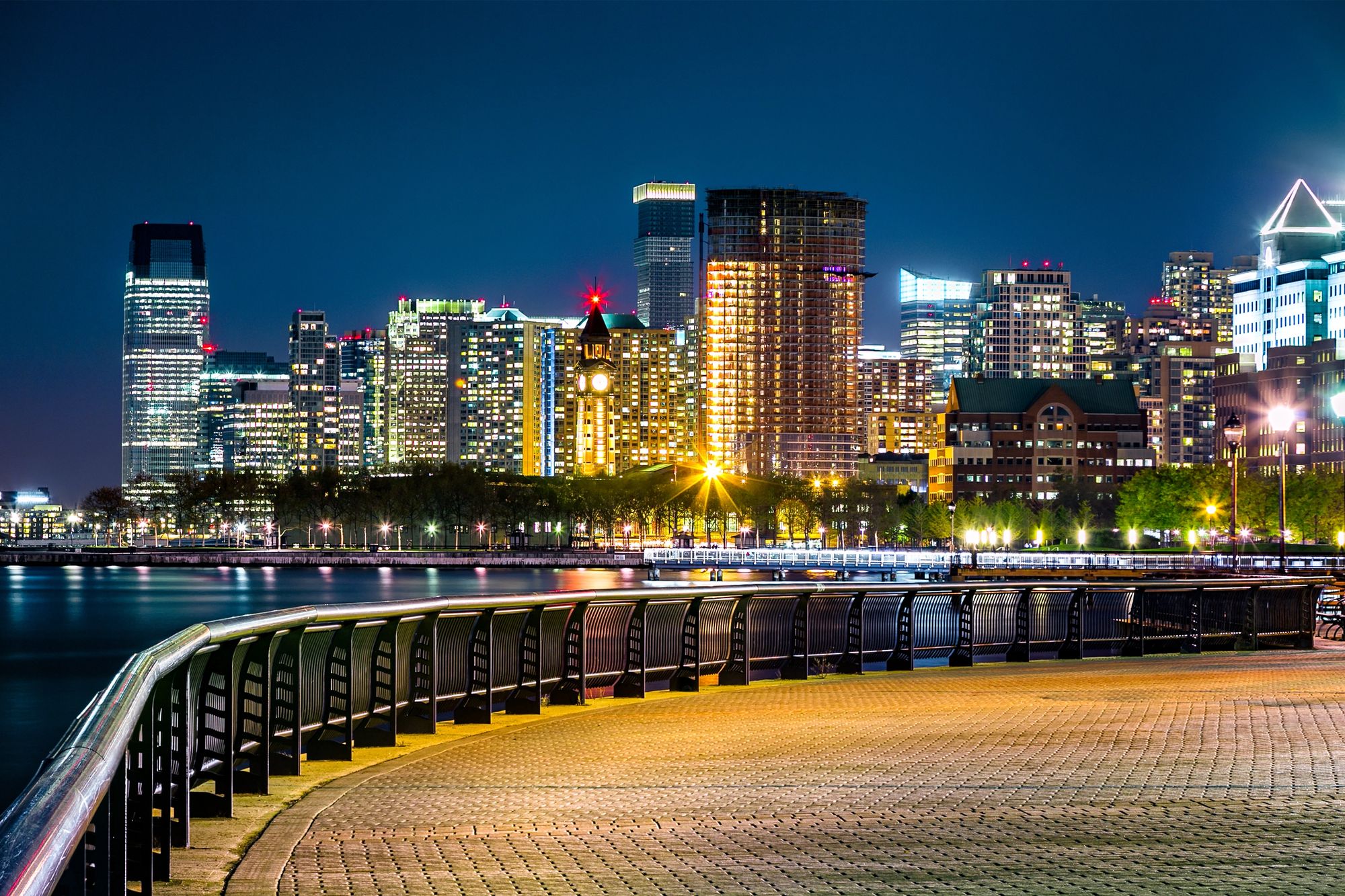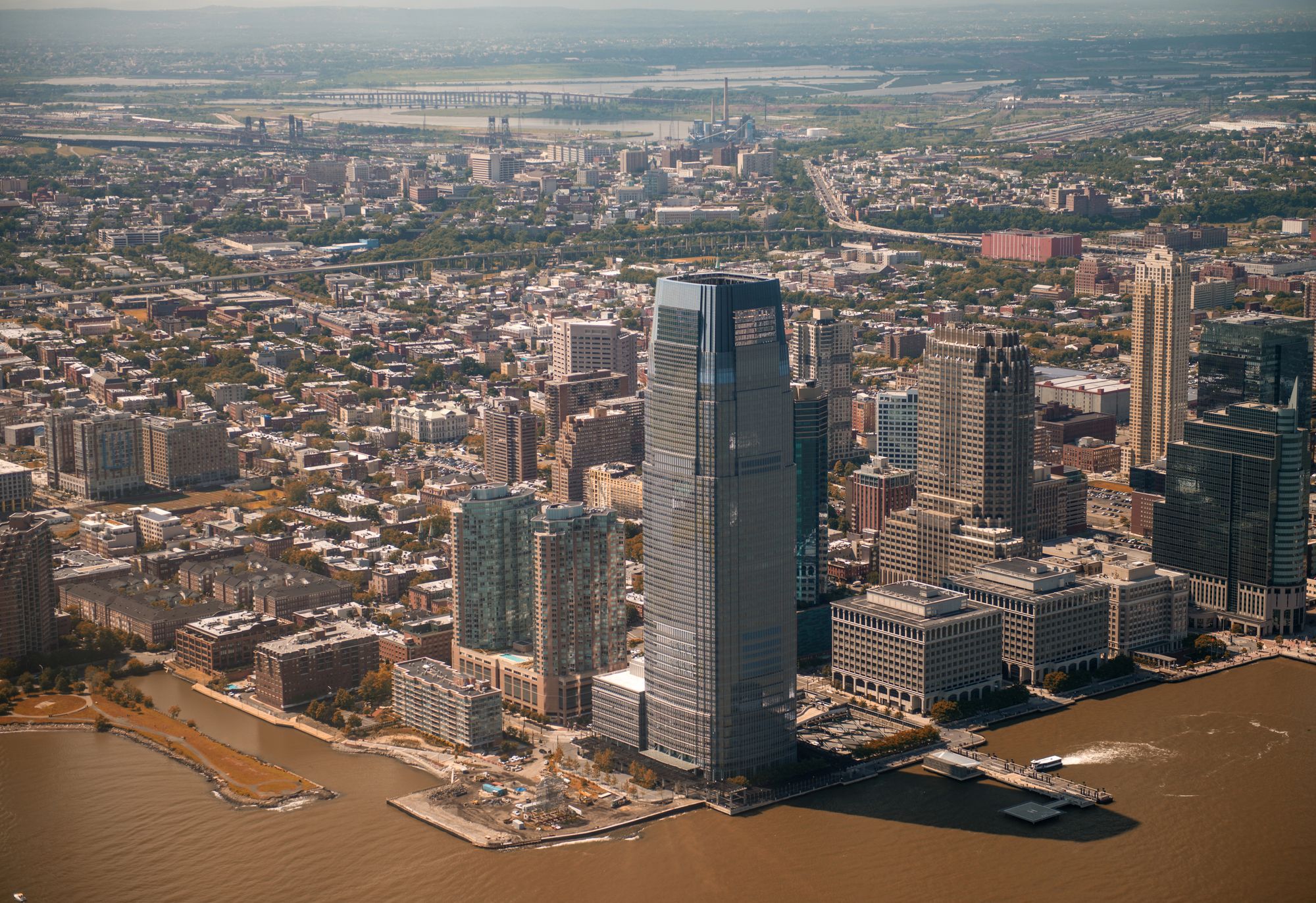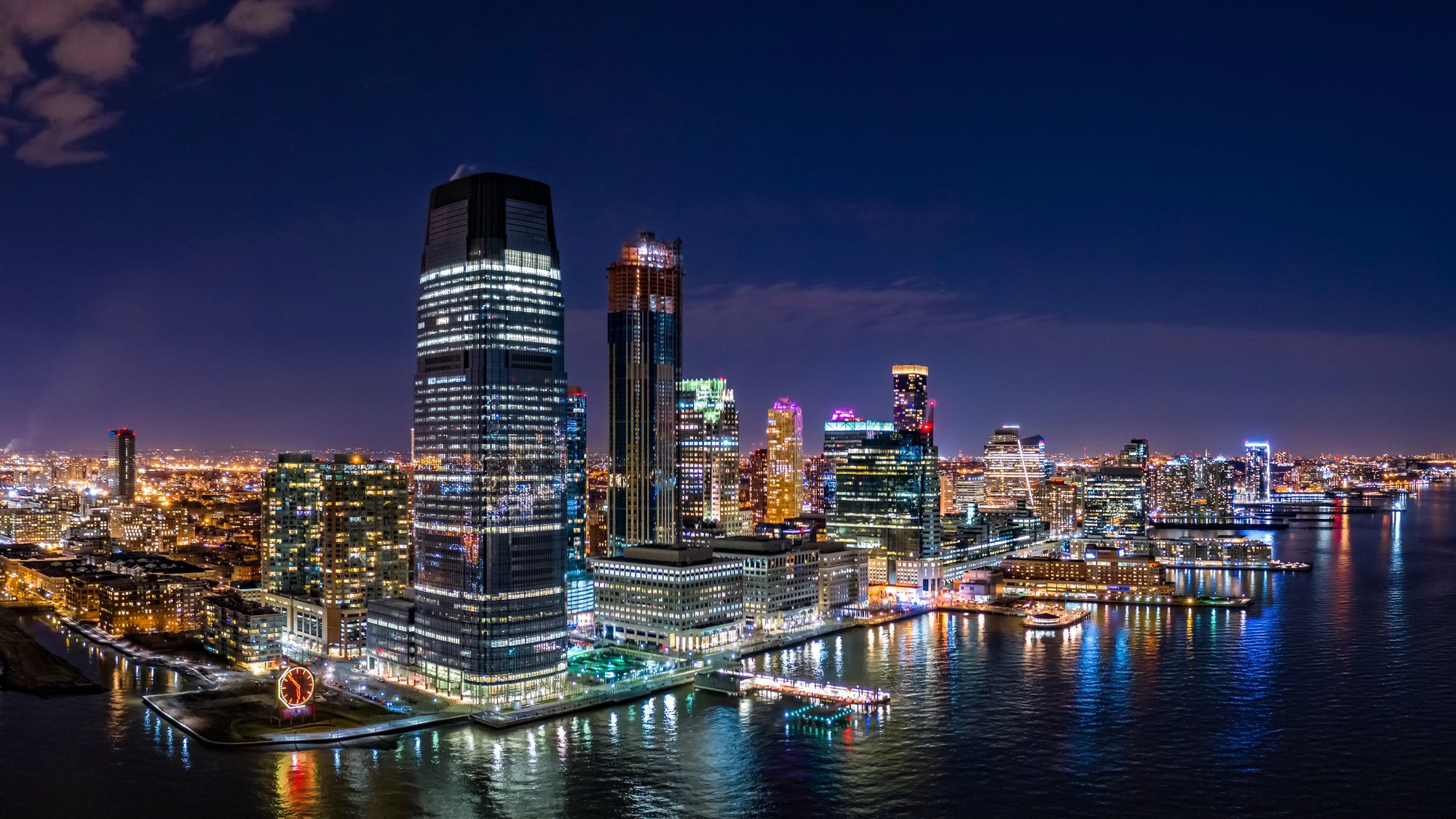New Jersey’s nightlife has a history just as rich and colorful as its skyline. From the jazz-soaked speakeasies of the 1920s to the neon-lit dance floors of the disco era, the Garden State has always offered after-dark experiences that rivaled New York’s legendary club scene.
This post takes a closer look at how nightclubs changed across New Jersey, especially in places like Atlantic City, Newark, Hoboken, and Jersey City. The unique cultural history here has shaped the state’s entertainment scene in ways you might not expect.
Easy booking across hundreds of accommodations from luxury high-rises to unearthed brownstone treasures.
Browse Accommodations Now
The Birth of New Jersey Nightlife
The modern nightclub started to emerge in the late 19th century, picking up inspiration from Manhattan’s Tenderloin district. Early venues mixed live music, alcohol, dancing, and a bit of mischief, creating something way beyond your average tavern or saloon.
Northern New Jersey picked up on this quickly. Clubs in Hoboken, Newark, and Jersey City gave working-class and immigrant communities an affordable alternative to making the trip into Manhattan.
Atlantic City’s Early Rise
By the early 1900s, Atlantic City stood out as a resort-driven center for late-night fun. The city’s boardwalk and oceanfront glamour made nightlife a key part of its identity.
The 1920s brought Prohibition, which, instead of killing the party, just pushed it underground. Nucky Johnson, the city’s political boss, ran a place where liquor never really stopped flowing, earning Atlantic City the nickname “The World’s Playground.”
Prohibition and the Jazz Age
Speakeasies became the heartbeat of nightlife during Prohibition. These hidden spots thrived on exclusivity, secrecy, and a soundtrack of cutting-edge jazz.
Clubs in North Jersey, especially in Newark and Jersey City, built music scenes that locals could enjoy without heading into Manhattan.
Find available hotels and vacation homes instantly. No fees, best rates guaranteed!
Check Availability Now
Club Harlem and the Black Entertainment Circuit
Club Harlem opened in Atlantic City in 1935, quickly becoming a cornerstone of the Black entertainment circuit. Stars like Sammy Davis Jr. and Count Basie performed there, making it much more than just a nightclub.
Other venues across North Jersey gave performers and audiences a place to come together, breaking down social barriers through music and dance.
Post-Prohibition Glamour and Big Band Magic
When Prohibition ended in 1933, nightlife entered a new era of glamour. Big band and swing music took over, drawing in well-dressed crowds eager for top talent.
Atlantic City looked to Las Vegas in the 1940s and 1950s, bringing in big productions and high-profile acts to its stages.
Dancing into the Disco Era
The 1960s and 1970s shifted things from live acts to DJ-driven nights. Disco exploded, and suburban discotheques popped up all over the state.
The music was loud, the fashion wild, and the dance floors didn’t empty until sunrise.
From Raves to Modern Challenges
By the 1980s and 1990s, electronic dance music and rave culture took over New Jersey’s nightlife. Huge warehouse parties and sleek urban clubs became gathering places for new generations of dancers.
But rising real estate prices, shifting entertainment habits, and tighter regulations have made it tough for traditional clubs to survive these days.
Jersey City’s Place in Nightlife History
Jersey City played a bigger role in the state’s nightlife than most people remember. From historic jazz joints to today’s lounges with skyline views, the city mixes old-school charm and fresh energy.
If you’re visiting, there’s no shortage of Jersey City hotels that put you right in the middle of the action. Whether you want craft cocktails, live music, or rooftop dance parties, you won’t be asking where to stay in Jersey City for long—you’ll be too busy deciding how late to stay out.
Nightlife, Tourism, and Today’s Jersey City
Modern nightlife in New Jersey is closely tied to tourism. Visitors exploring the state’s city districts often find entertainment options as varied as the communities themselves.
In Jersey City, the mix of historic charm and urban buzz makes for nights you won’t soon forget. If you’re planning a trip, you’ll stumble across plenty of things to do in Jersey City both before and after dark.
Planning Your Night Out
If you’re thinking about getting to Jersey City, it’s actually pretty easy. PATH trains, ferries, and major highways all connect the city to Manhattan.
That kind of convenience makes it hard to pass up, honestly. Jersey City’s got a rich history, and the entertainment scene just keeps changing and growing.
Jazz hides in speakeasies you’d never expect, while electronic beats pulse under neon lights. New Jersey’s nightlife keeps reinventing itself, and Jersey City feels like the heart of that—where tradition and trend run into each other all the time.
Find the perfect hotel or vacation rental. Instant booking, no fees!
View Top Stays
Here is the source article for this story: Here’s how NJ’s once-vibrant nightclub scene was born and why it died




